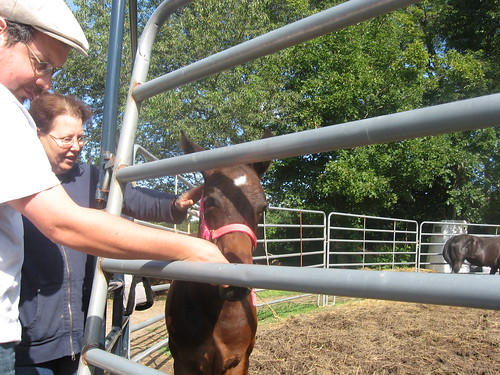In the jungle there once lived a monkey who wanted to write satire.He studied hard, but soon realized that he did not know people well enough to write satire, and he started a program of visiting everyone, going to cocktails and observing, watching for the glint of an eye while his host was distracted, a cup in his hand.
As he was most clever and his agile pirhouettes were entertaining for all the other animals, he was received well almost everywhere; and he strove to make it even moreso.
There was no-one who did not find his conversation charming; when he arrived he was fêted and jubilated among the monkeys, by the ladies as much as by their husbands, and by the rest of the inhabitants of the jungle too, even by those who were into politics, whether international, domestic or local, he invariably showed himself to be understanding -- and always, to be clear, with the aim of seeing the base components of human nature and of being able to render them in his satires.
And so there came a time when among the animals, he was the most advanced student of human nature; nothing got by him.
Then one day, he said: I'm going to write against thievery, and he went to see the magpies; and at first he went at it with enthusiasm, enjoying himself and laughing, looking up with pleasure at the trees as he thought about what things happen among the magpies -- but then on second thought, he considered the magpies who were among the animals who had received him so pleasantly -- especially one magpie, and that they would see their portrait in his satire, however gently he wrote it.. and he left off doing it.
Then he wanted to write about opportunists, and he cast his eye on the serpent, who by whatever means (auxiliary to his talent for flattery) managed always to conserve, to trade, to increase his posessions... But then some serpents were friends of his, and especially one serpent; they would see the reference. So he left off doing it.
Then he thought of satirizing compulsive work habits, and he turned to the bee, the bee who works dumbly and without knowing why or for whom; but for fear of offending some of his friends of this genus, and especially one of them, he ended up comparing them favorably to the cicada, that egotist who will do nothing more than sing, sing, who thinks himself a poet... and he left off doing it.
Then it occurred to him, he could write against sexual promiscuity, and he directed his satire against the adulterous hens who strut around all day restlessly looking for roosters; but then some of them had received him well, he feared hurting them, and he left off doing it.
In the end he came up with a complete list of human failings and weaknesses, and he could not find a target for his guns -- they were all failings of his friends who had shared their table with him, and of himself.
At that moment he renounced his writing of satire, and began to teach mysticism and love, this type of thing; but this made people talk (you know how it is with people), they said he had gone crazy, they no longer received him as gladly or with such pleasure.





